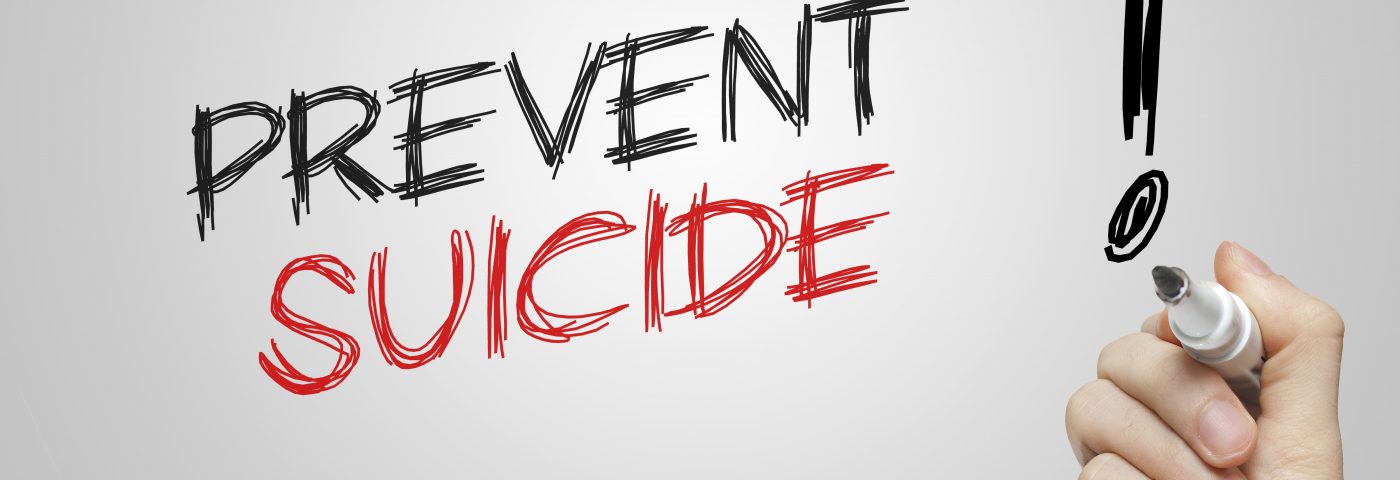Researchers at the Centers for Disease Control and Prevention investigated suicides among patients with epilepsy and found that the suicide risk for people with the blood disease is 22 percent higher than the general population. The researchers further detailed the conditions of the deaths and what prevention strategies could be used to prevent future occurrences.
The study, “Suicide among people with epilepsy: A population-based analysis of data from the U.S. National Violent Death Reporting System, 17 states, 2003–2011,” was published in Epilepsy and Behavior.
According to the American Foundation for Suicide Prevention, suicide is the tenth leading cause of death in the United States. Increasing evidence points to a link between psychiatric disorders, epilepsy and suicide. To estimate the suicide rate among epileptics in the U.S., researchers analyzed suicide data, between 2003 and 2011, from the U.S. National Violent Death Reporting System (NVDRS).
The findings revealed that within the time frame studies, the estimated annual suicide rate for people with epilepsy averaged 17 out of 100,000 people – 22% higher than the estimated 14 out of 100,000 in the general population.
Among adults 40-49 years old, 29 percent of people with epilepsy took their own lives compared to 22 percent of adults without the disease who committed suicide.
Researchers also found that epileptics were more likely to die from suicide in residential settings (81 percent) like houses and apartments, than those without epilepsy (76 percent.) They were twice more apt to poison themselves, which researchers suggest highlights that prevention efforts could be made by reducing availability or exposure to harmful substances, especially at home.
The report’s co-author Rosemarie Kobau, a health scientist in the CDC’s Division of Population Health, called for public concern.
“Caregivers of people with epilepsy and other members of the public can participate in programs such as Mental Health First Aid, an evidence-based program available in many U.S. communities that teaches people about mental illness symptoms, and how to recognize and intervene during a mental health crisis,” Kobau said in a press release.


